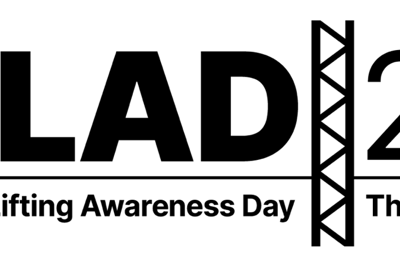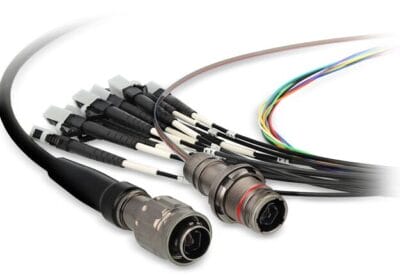Almost every business operating today deals with data in one form or another, and one of the biggest tasks when it comes to data is analysis. Data analysis refers to the process whereby data is processed to produce relevant insights that the business can use. Why is data analysis so important? Read on to find out.
Customer Targeting
Data analysis allows you to target your customers better. Failing to target your customers properly means wasting time, money, and physical resources putting together ineffective marketing campaigns that do not offer a solid return on investment. Data analysis, on the other hand, allows you to better understand who your consumers are and how you can focus your advertising efforts to reach them.
Advertising Efficacy Assessment
After you have used your data to create a more targeted ad campaign designed to reach your target audience efficiently, you can begin to analyse the data to see whether or not the campaign has worked as you wanted it to. You can learn more about which areas of the campaign were effective and what would need refinement. This research can also help you gain insights into each product’s popularity and whether or not the price points need adjustment.
Allocating Business Costs
By looking at the data, you can also glean more information about where the business’s resources are going. There might be some areas of the business that could do with more funds and other areas where you could save money by taking a different approach, scaling back, or eliminating those costs entirely. In terms of financial gain, data analysis cannot be overestimated; if you do not have too much experience or knowledge, then it makes sense, for the future of your business, to learn more and even take a data analysis course.
The Process
The data analysis process simply describes the process whereby information is gathered, processed, and explored to look for patterns or find answers in one way or another. You then obviously begin by gathering the data; most businesses take in a lot of data, so you might need to segment it to only work on the relevant data. Think about what you are trying to analyse. In addition to using the data that your business already possesses, you can also supplement this with other sources.
After you have compiled your data, you will need to check again that you only have data useful to your end result. This is known as data cleaning. The data analysis itself now begins. You can run the data through tools and programmes to interpret the data and find what you are looking for. The conclusions formed are often more rudimentary and rough, so you will need to interpret them and then translate this information into something easier to understand, like graphs or charts.
In Conclusion
Data analysis serves an important role for businesses; it helps ensure efficiency in all business areas, from resource allocation to target audience identification to the development of effective advertising campaigns. This is why your approach to data analysis should be a priority for you.








